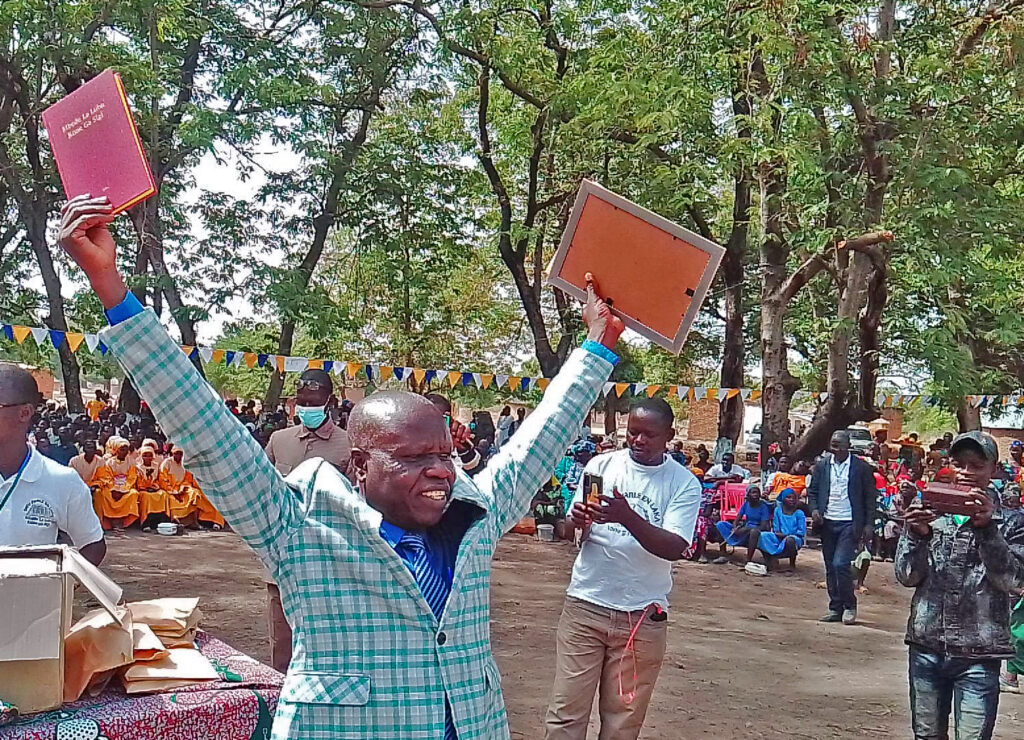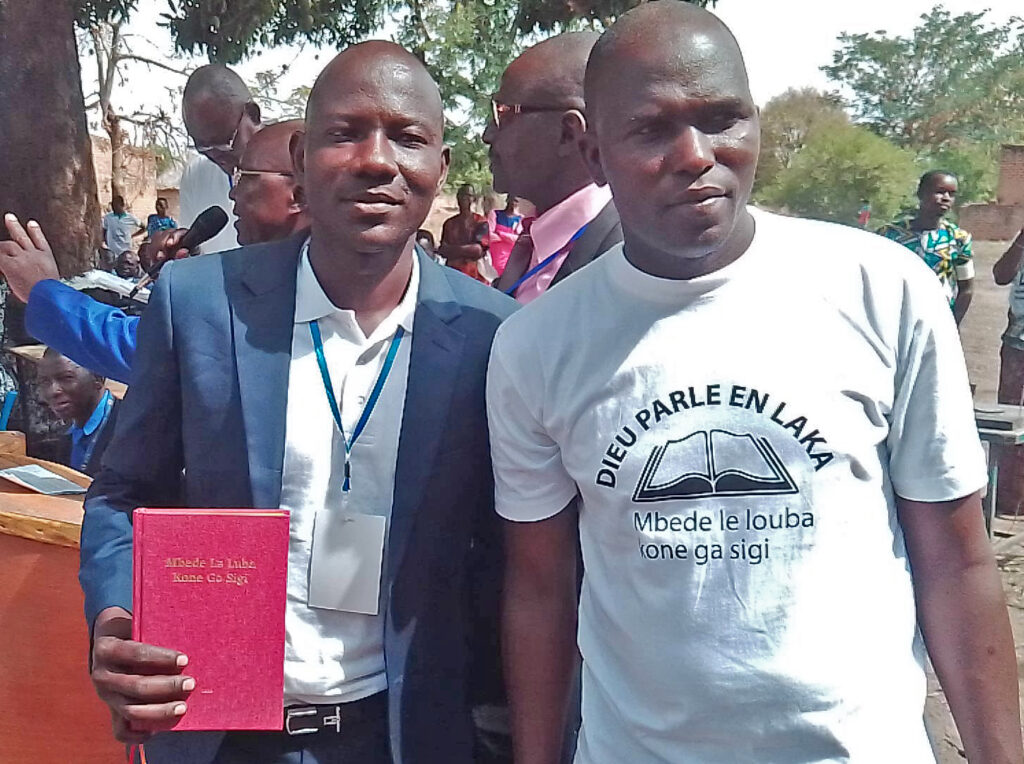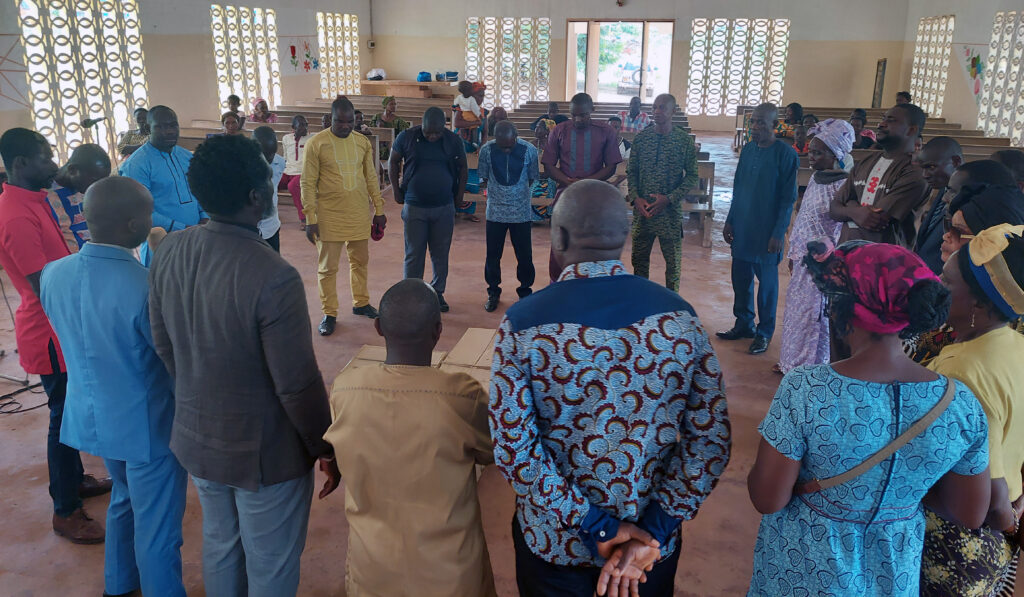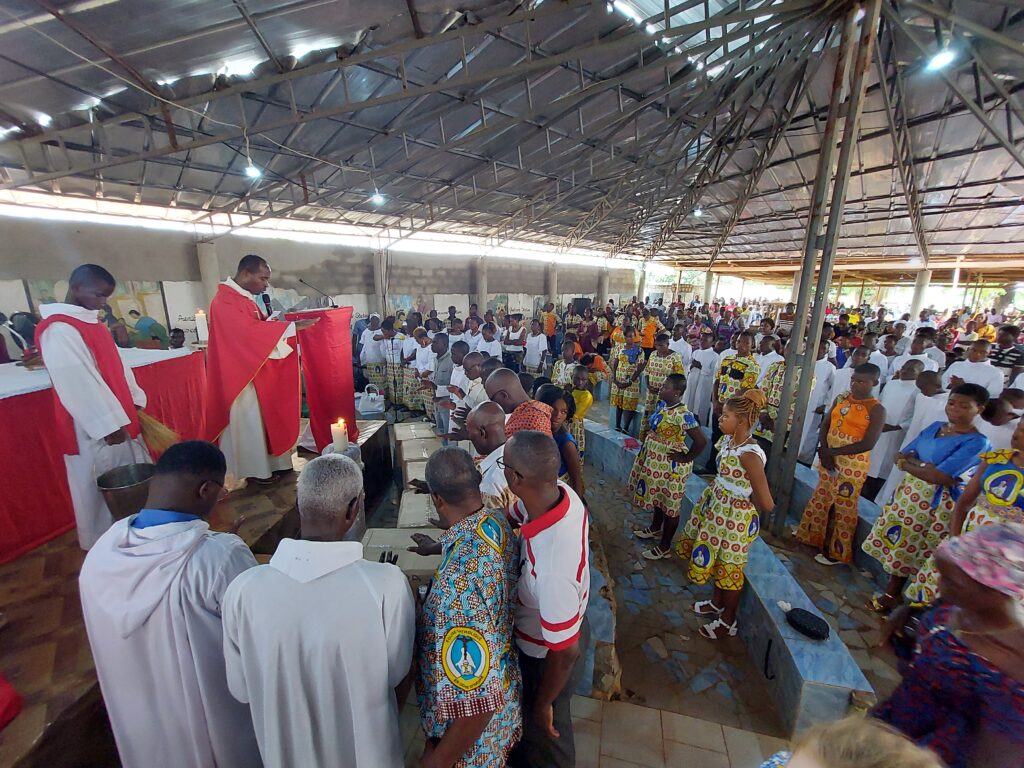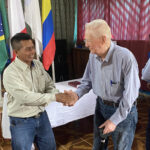Don’t Make God #1
Seven years after learning about JAARS, Na Young Yang, her husband, Taewan, and their two boys have made it from South Korea to JAARS for our annual Pre-Field Orientation (PFO) course. After completing the three-month course, the family plans on serving with our aviation partner SIL Papua New Guinea, where Taewan hopes to join the aviation maintenance team.

Reaching the U.S. and PFO wasn’t easy for the Yangs. They first had to learn English. They had planned to go to Canada to take classes, but when their visa application was rejected, they decided to take an English-language course at a seminary in the Philippines. Then, not long before they left Korea, the entire family caught COVID-19. During that time, Taewan developed a herniated disc in his back. In addition, the family had to move out of their temporary living quarters. “It was really hard when these three things happened at once,” Na Young said.
But the Yangs arrived at JAARS in March, just a few weeks late, and they are enjoying their time here. Na Young appreciates the weekly meetings for the wives and women in PFO that are organized by Nancy Ramsdale, who works in aviation training.
Each week, the women meet in a home and hear from a guest speaker who shares the joys and challenges of serving overseas. At a recent meeting, Susan Williams, who served in Papua New Guinea (PNG) for 12 years and now works at JAARS as a hospitality coordinator, was the speaker. Susan shared about how expectations that people may have for themselves may differ from the expectations other people have for them.
At the beginning of her talk, she had the women assign numbers to certain activities such as daily quiet times, having a successful family life, and being brave in new circumstances. The numbers represented how often they believed others expect them to do these activities. After discussing these expectations, many women realized that too often, their expectations for themselves are too high, or they believe that others’ expectations of them are higher than they actually are.

“[This] gets us in trouble,” Barbara Holtz, one of the women, said. “We think it’s helping us, but with the quiet-time one, my expectation was I would do it seven days a week no matter what. But I know some of our pastors at our church really well, and their expectation is just that [my quiet time] is regular. So there’s no one [saying], ‘You slept in three days this week? You’re not a good Christian.’ Nobody except myself.”
Susan, who spent years as an elementary-school teacher in the U.S. and in PNG, reminded the ladies that God doesn’t award stickers when we do the right thing. And he doesn’t check to see if our charts are filled up so he can tell us, “Well done, good and faithful servant.” No, he cares more that we want to spend time with him than how many minutes it turns out to be.
Then Susan asked the women to think about a list of priorities. God, of course, would be number one, with family and other responsibilities following. She showed them an example list. Then Susan tore this list up, declaring, “This kind of a list with God on top doesn’t work.” She showed the women a picture of a solar-system model. “This is what God is looking for more than the list,” she explained. “God isn’t number one. God is central. Instead of being at the top of the list, the Lord should be in the center of it, like the sun, as the one from whom everything else flows; he is in everything, whether that’s changing a diaper or turning a wrench in the hangar.”
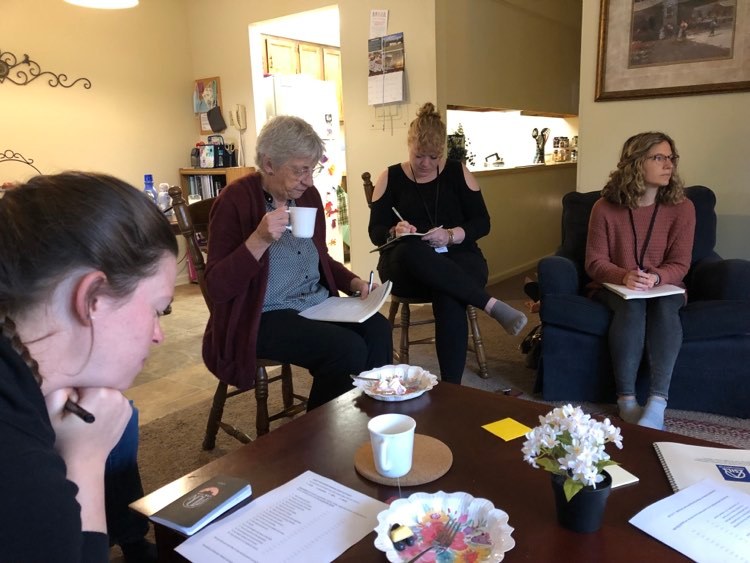
Na Young appreciates these meetings because in Korea there is almost no understanding of mission aviation. Preparing for service was lonely at times. “Learning the wisdom of life from the wonderful speakers who are the wives of [aviation] missionaries is truly invaluable.”
People like you helped make this special time and similar trainings possible by giving to our Aviation Training Solutions. Thank you!



























































